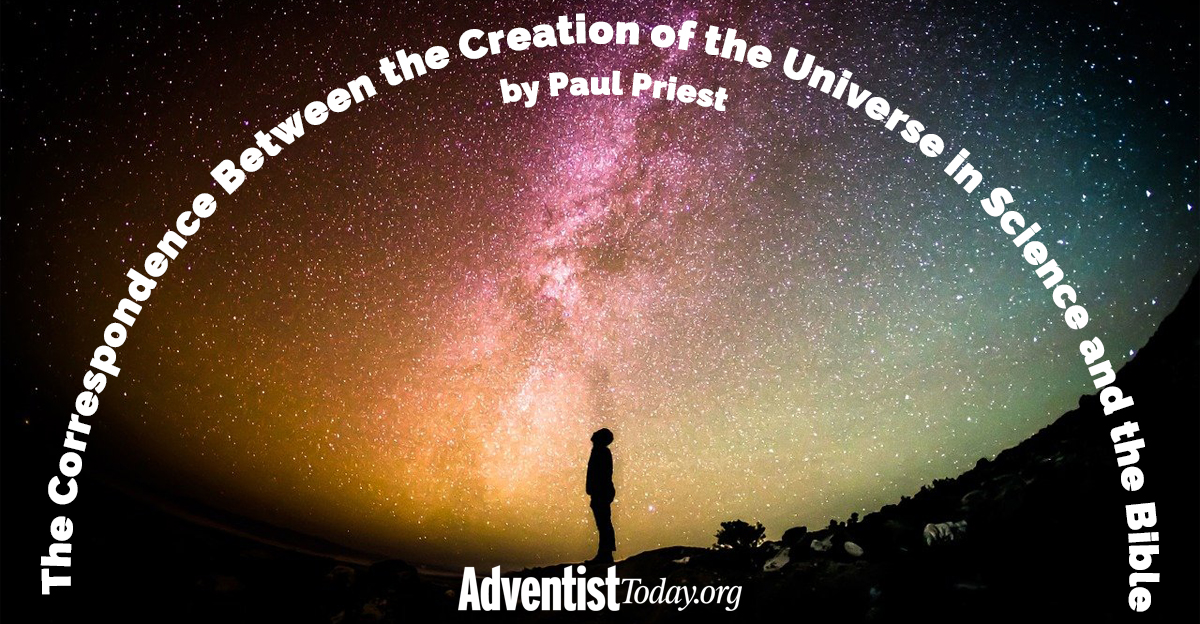Have you ever wondered if the word “universe” appears in the Bible? Many people are curious about the connection between the teachings of the Bible and modern scientific understandings of the cosmos. In this blog post, we will explore the mentions of the word “universe” in the Bible and consider the broader implications for our understanding of the universe as believers.
By delving into the question of whether the word “universe” is found in the Bible, we can gain a deeper appreciation for the timeless wisdom contained within its pages. Understanding how the concept of the universe is addressed in the Bible can enrich our spiritual journey and deepen our connection to the divine. Join us as we uncover the significance of this word in the context of Scripture and discover the profound insights it offers for our faith and worldview.
Exploring the Presence of ‘Universe’ in the Bible: Unveiling the Biblical Perspective
In the Bible, the term “universe” is not explicitly mentioned in the way we understand it in modern science. However, the concept of the universe as the totality of all things – including galaxies, planets, stars, and beyond – can be inferred from various passages in the Bible.
The Book of Genesis, for example, opens with the famous line, “In the beginning God created the heavens and the earth.” Here, the term “heavens” is often interpreted to refer to the vast expanse of the universe, while the term “earth” denotes our planet. This suggests that God’s creation encompasses the entire universe, not just Earth alone.
Additionally, throughout the Bible, there are references to God’s dominion over all creation, implying a universal scope. Psalm 89:11 declares, “The heavens are yours, and yours also the earth; you founded the world and all that is in it.” This verse reinforces the idea that God is the creator and ruler of the entire cosmos.
Furthermore, in the New Testament, the Apostle Paul writes about the supremacy of Christ over all things, visible and invisible, in Colossians 1:16-17. He states, “For in him all things were created: things in heaven and on earth, visible and invisible, whether thrones or powers or rulers or authorities; all things have been created through him and for him. He is before all things, and in him all things hold together.” This passage emphasizes the universal sovereignty of Christ over the entirety of creation.
While the specific term “universe” may not be used in the Bible, the overarching theme of God’s creation and dominion over all things conveys the concept of the universe as a unified whole under His authority. The biblical worldview presents a perspective that transcends the physical realm to encompass the spiritual dimensions of existence, affirming God’s reign over the cosmos in its entirety.
What is universe according to the Bible?
In the context of the Bible, the universe is God’s creation and encompasses all that exists, including the vast expanse of space, celestial bodies such as stars and planets, and Earth itself. According to the Bible, God spoke the universe into existence in the book of Genesis, declaring “Let there be light,” and forming everything over the course of six days. The Bible also emphasizes that the universe reflects God’s glory and power, as seen in verses like Psalm 19:1, which states, “The heavens declare the glory of God; the skies proclaim the work of his hands.”
Where in the Bible does it say that God created the universe?
In the Bible, it is stated in Genesis 1:1 that “In the beginning, God created the heavens and the earth.” This verse is often cited as the foundational statement of creation in the Bible.
Why is God referred to as the universe?
In the Bible, God is not referred to as the universe. The concept of God is distinct from the universe in Christian theology. God is understood as the creator and sustainer of the universe, separate from His creation. The universe, on the other hand, is considered to be the physical realm that was brought into existence by God. God is often described as transcendent and omnipotent, existing beyond the confines of the universe. The idea of God being synonymous with the universe is not a biblical teaching but may be found in some philosophical or New Age beliefs.
What Bible verse relates to the origins of the universe?
One Bible verse that relates to the origins of the universe is Genesis 1:1, which states: “In the beginning, God created the heavens and the earth.” This verse highlights the belief in the Christian faith that God is the ultimate creator of the universe and everything in it. It serves as the opening statement in the Bible, emphasizing God’s role as the originator of all things.

